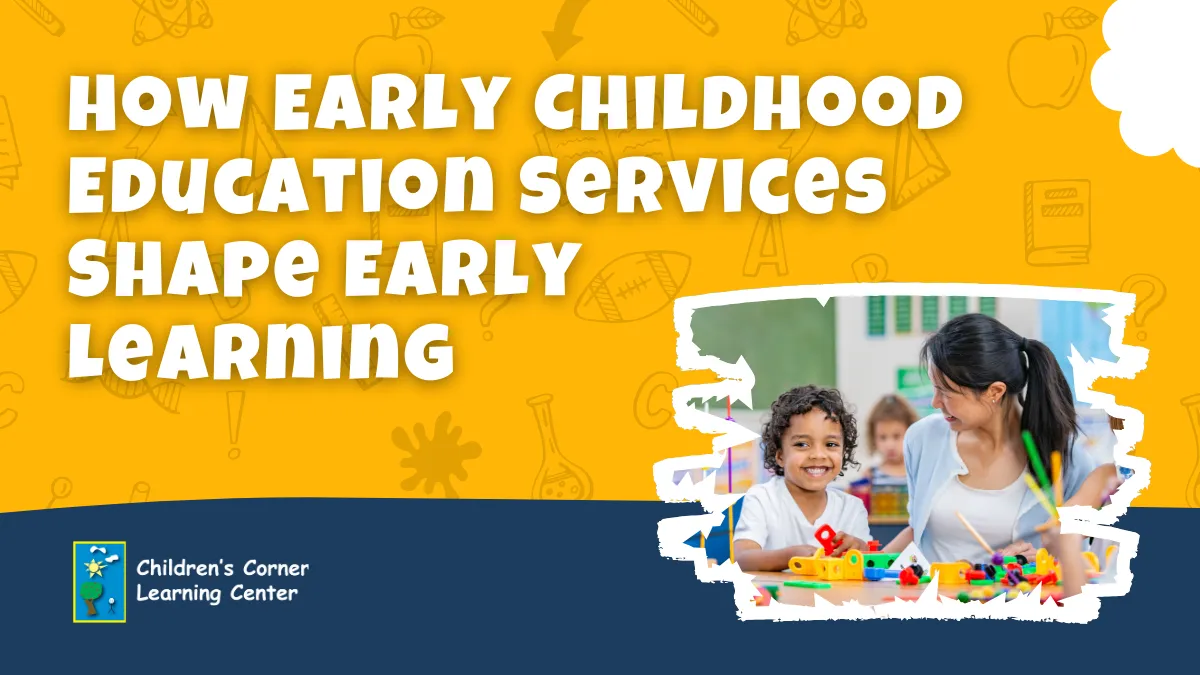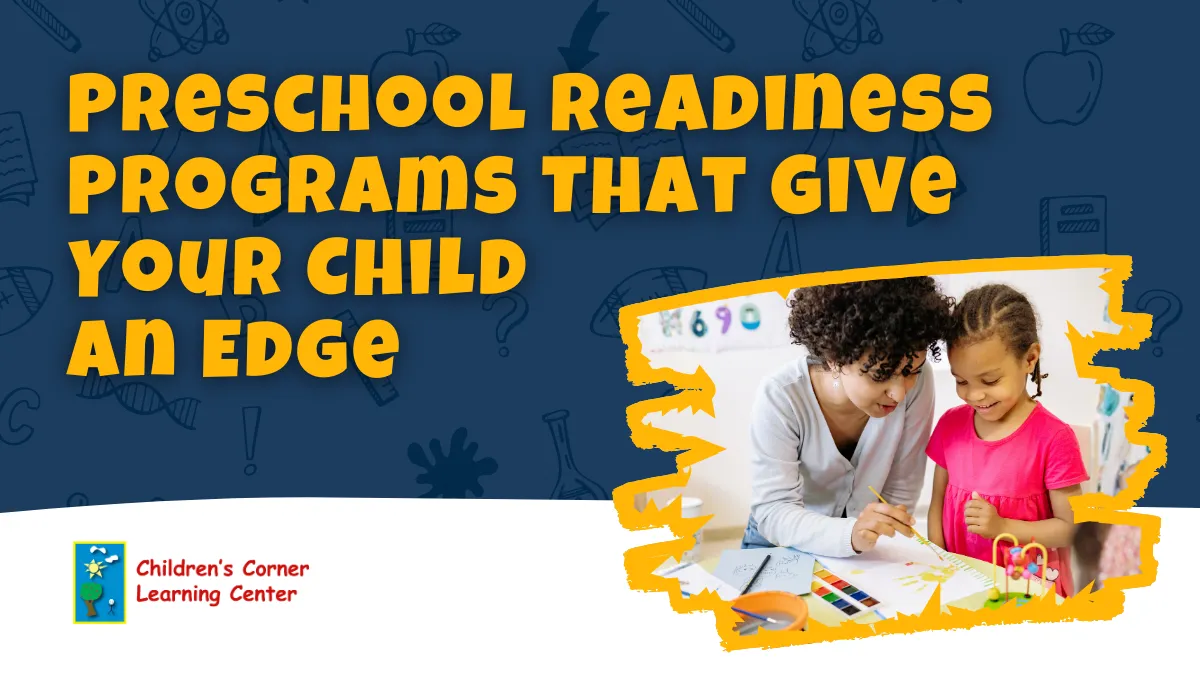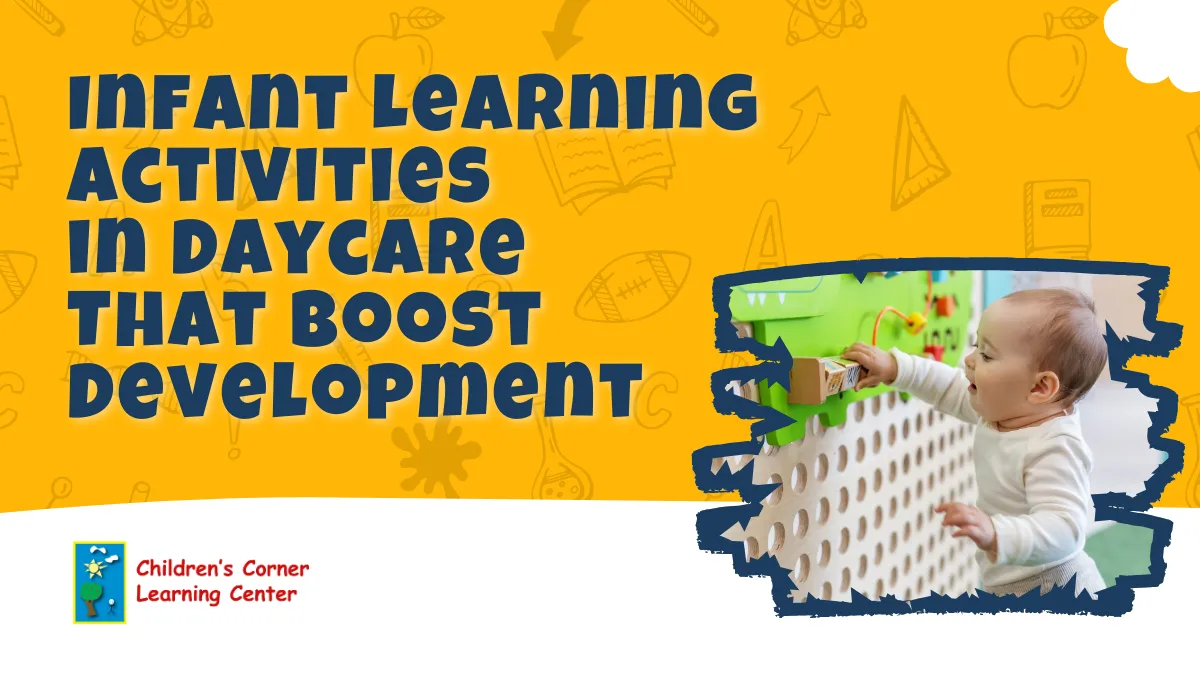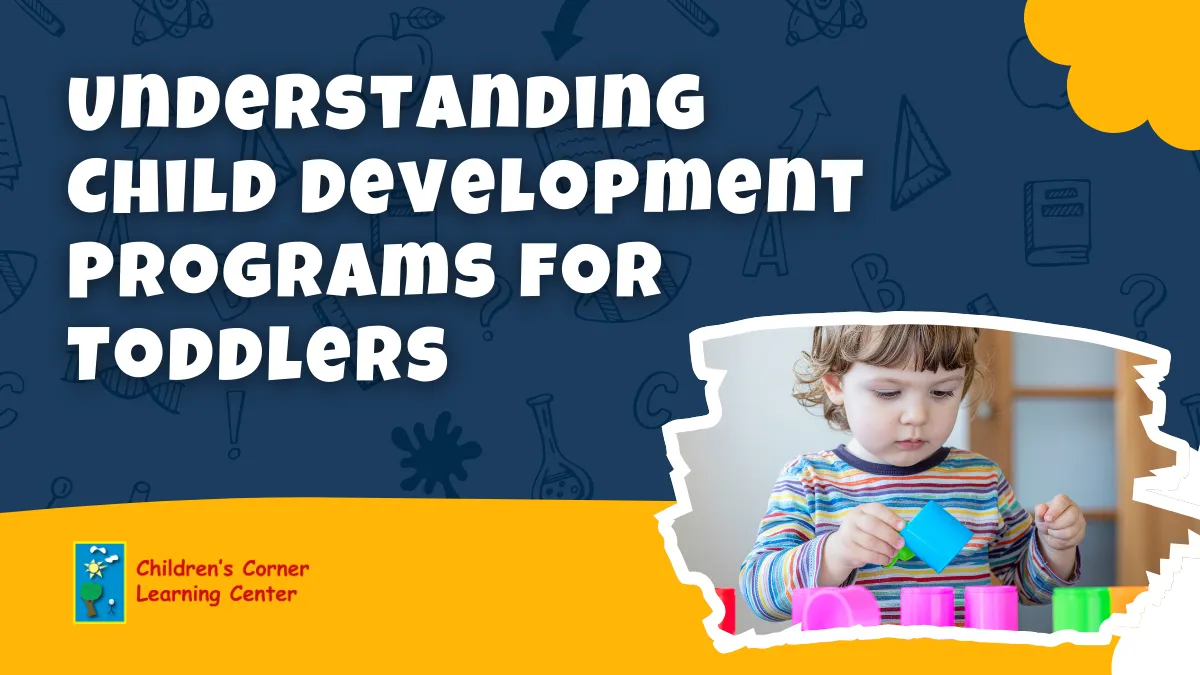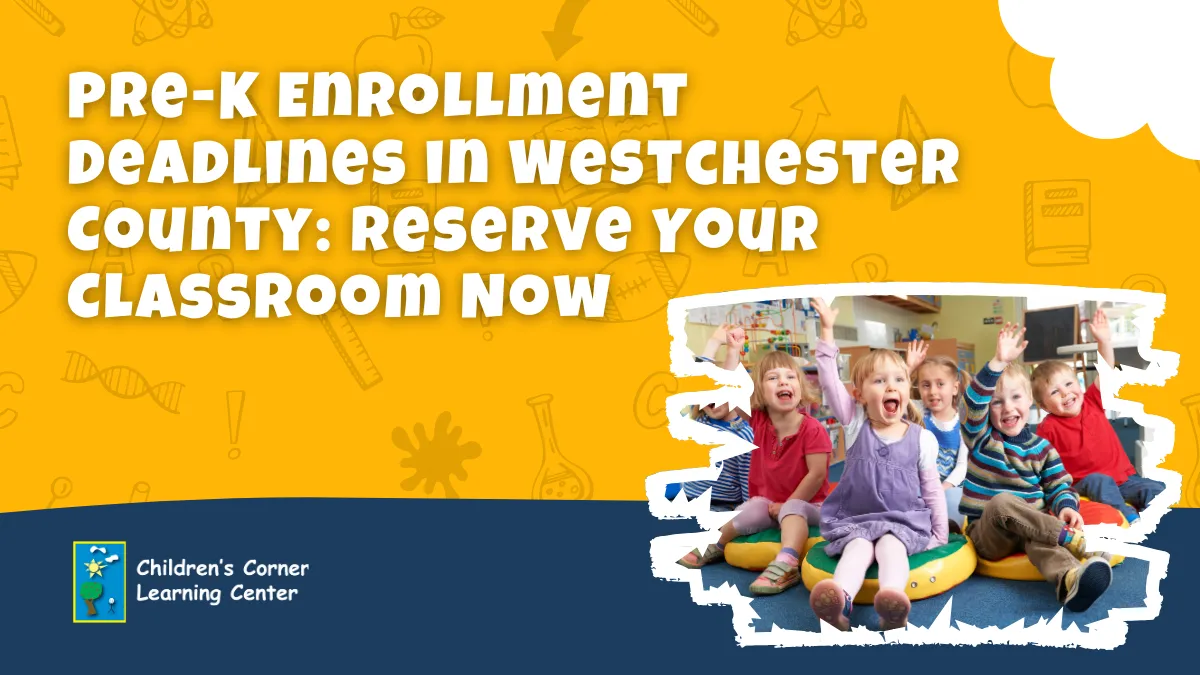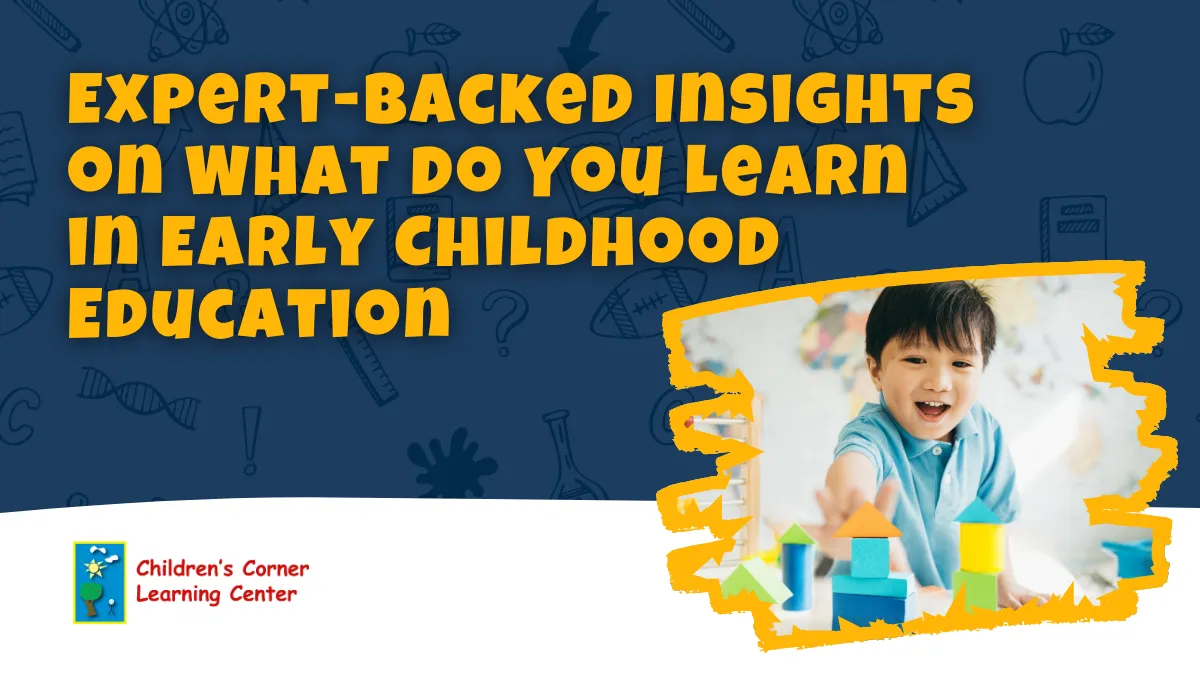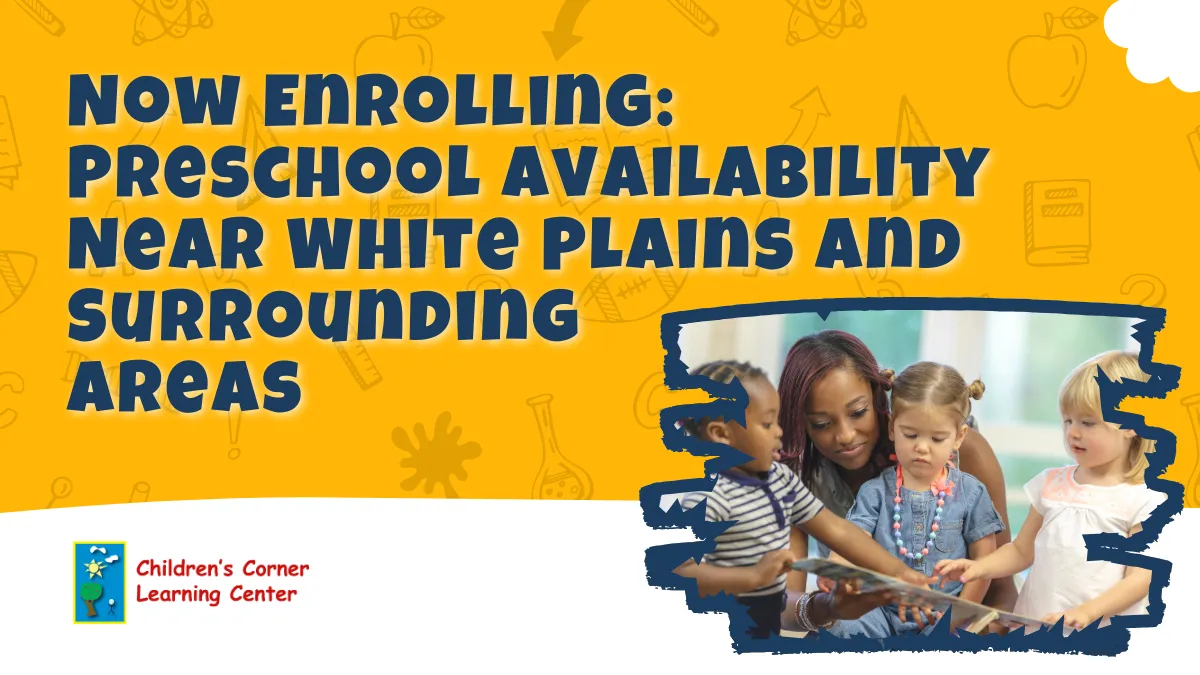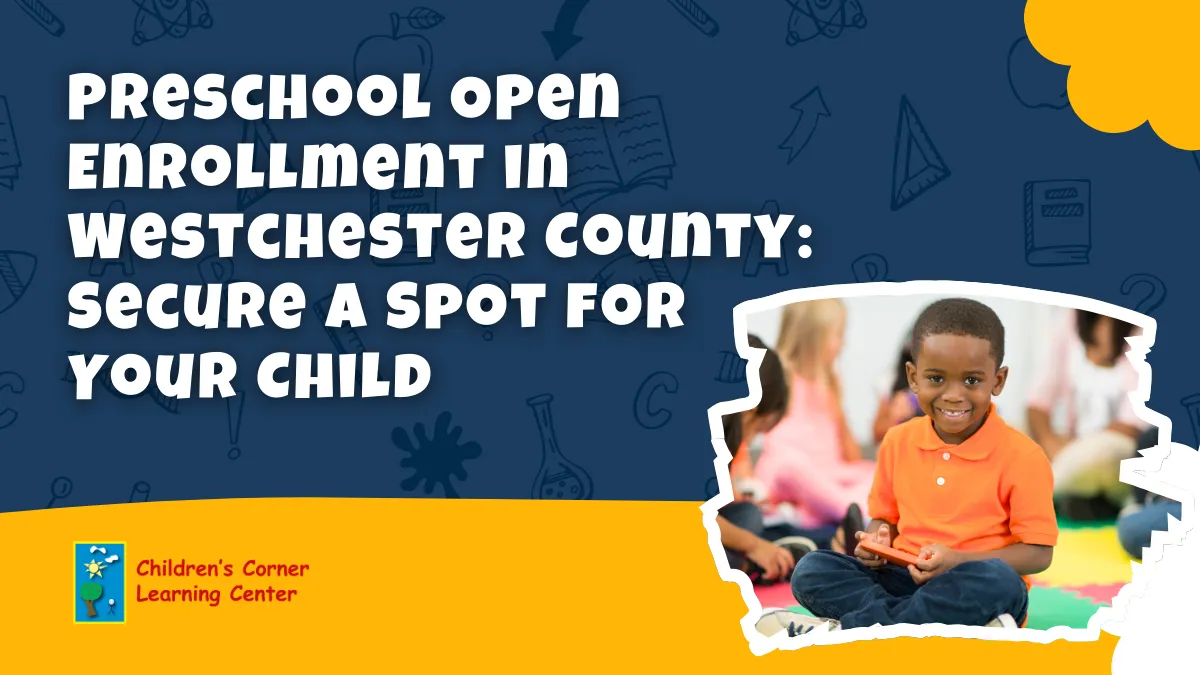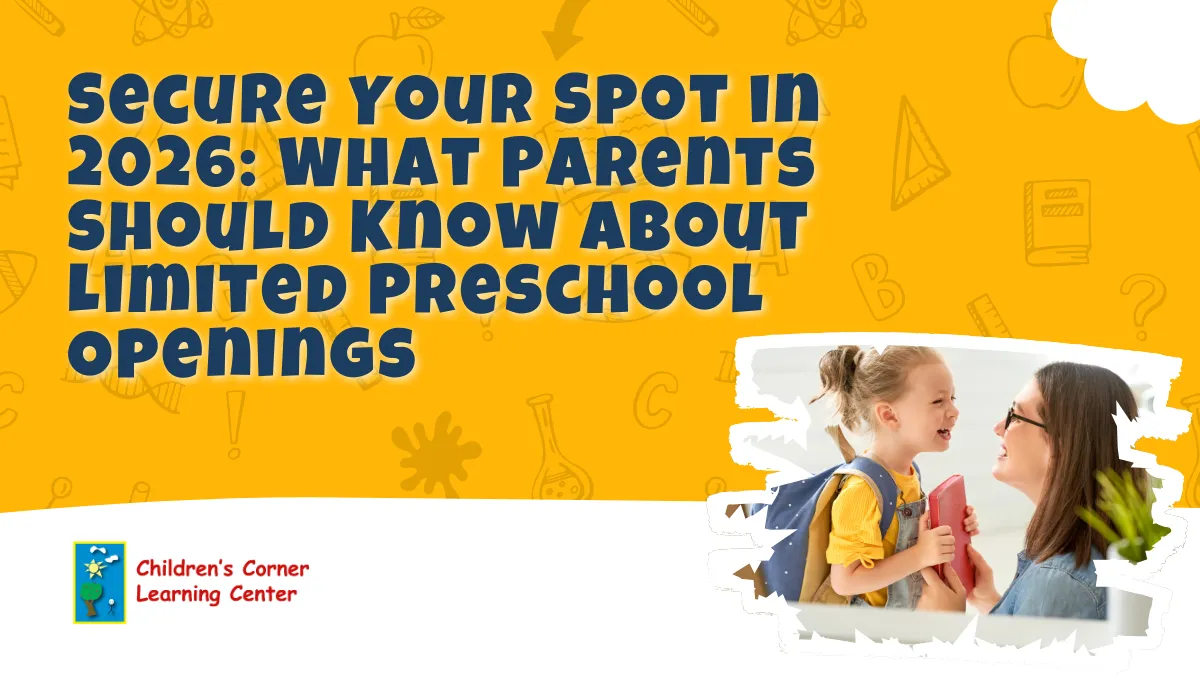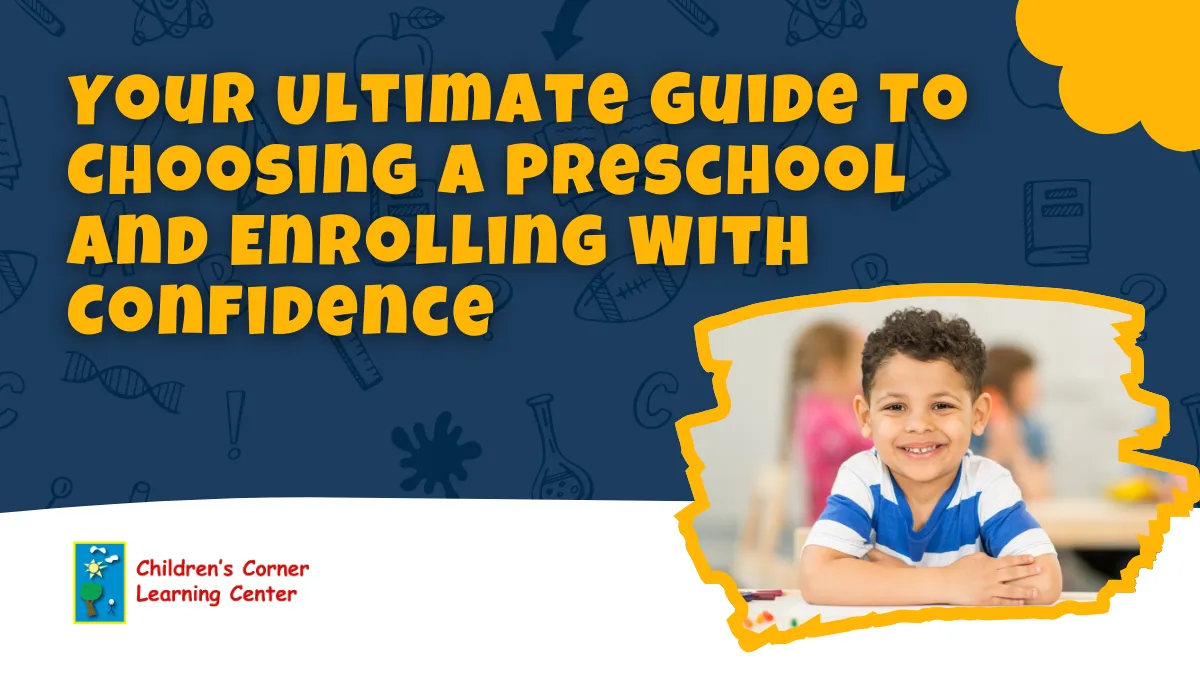Early childhood education services support children during a critical period of growth by building strong foundations for learning, behavior, and social development. In the early years, children rapidly develop communication, emotional regulation, motor coordination, and problem-solving skills. A high-quality educational environment provides nurturing guidance, consistent routines, and age-appropriate learning experiences that help children thrive. Through play-based instruction and intentional teaching, children learn how to participate in group settings, develop independence, and explore new skills with confidence. These early experiences prepare children for long-term success in preschool, kindergarten, and beyond. Child Development Programs That Build Strong Foundations Child development programs play …
Preschool readiness programs near me help children build the skills they need to transition into a structured classroom with confidence. A strong readiness program supports early learning through routines, social development, communication practice, and age-appropriate academic foundations. Children learn how to follow directions, take part in group activities, and manage transitions throughout the day. These experiences also strengthen independence, problem-solving, and emotional regulation, which are essential for success in preschool and beyond. When families choose the right program, they gain peace of mind knowing trained educators support their child in a nurturing environment that prepares them for the next stage …
Infant learning activities in daycare play an important role in supporting early development during a child’s first year. These experiences are designed to strengthen communication, movement, sensory exploration, and emotional security through gentle, age-appropriate interaction. In a quality daycare setting, infants learn through daily routines, responsive caregiving, and safe opportunities to explore their environment. Activities such as tummy time, music, simple language exposure, and sensory play help build early brain development while encouraging curiosity and engagement. When guided by trained caregivers, these moments create a strong foundation for healthy growth and future learning. Sensory Play Activities for Infants That Encourage …
Child development programs for toddlers support early learning through age-appropriate activities that build communication, movement, social skills, and confidence. During the toddler years, children grow quickly in how they think, express emotions, and interact with others. A strong program creates a safe, nurturing environment where learning happens through play, daily routines, and guided exploration. With caring teachers and a consistent structure, toddlers begin to develop independence, curiosity, and essential life skills. These programs also encourage healthy habits, positive behavior, and early readiness for preschool by strengthening the foundational skills children will use for years to come. What Toddler Early Learning …
Pre-k enrollment is a key milestone for families preparing children for the transition to kindergarten. In Westchester County, classroom availability and specific enrollment deadlines make early planning especially important. Many high-quality programs fill quickly as families secure spots that align with their child’s age, developmental needs, and future school plans. Understanding when applications open, which documents are required, and how waitlists work allows parents to move confidently through the process. By approaching pre-k enrollment with clear timelines and informed expectations, families can reserve a classroom that offers structure, readiness-focused learning, and a smooth start to the elementary school journey. Pre-K …
Toddler daycare enrollment is a critical step for families seeking consistent, high-quality care in Westchester County. As licensed centers manage classroom sizes and teacher-to-child ratios, available spaces for toddlers can be limited, particularly during peak enrollment periods. Families who plan and respond promptly to enrollment openings are more likely to secure a placement that aligns with their preferred location, schedule, and start date. By exploring current availability, scheduling tours, and understanding each center’s program structure, parents can make informed decisions that support their toddler’s safety, early learning, and daily routines. Limited Daycare Spots In Westchester County: Why Planning Matters Limited …
Now enrolling preschool near White Plains, Children’s Corner Learning Center offers families access to structured, high-quality early education in a nurturing setting. As enrollment opens, parents in White Plains and the surrounding communities can secure a preschool placement that supports both daily care and long-term school readiness. A carefully planned curriculum, age-appropriate classrooms, and experienced teachers work together to promote social, emotional, and academic development. By exploring current availability and taking action early, families can reserve a spot that aligns with their child’s needs, their schedule, and their expectations for a safe, dependable learning environment. Toddler Daycare Enrollment In Westchester, …
Preschool open enrollment in Westchester County, NY, is a critical opportunity for families seeking a high-quality early education experience for their child. As enrollment periods begin, many programs fill quickly, particularly those that offer strong academics, nurturing care, and a structured learning environment. Securing a preschool spot early helps families plan and ensures that children enter a setting designed to support their social, emotional, and cognitive growth. By understanding the local enrollment timelines and requirements, parents can make decisions that fit their child’s needs and long-term educational goals. Limited Preschool Spots In Westchester County: Why Early Action Matters Limited preschool …
Choosing a Secure Daycare with Cameras: Essential FeaturesSecure Your Spot in 2026: What Parents Should Know About Limited Preschool Openings
Preschool registration in 2026 requires a timely plan that accounts for limited classroom capacity and earlier application windows. Families should confirm program timelines, assemble required documents, and book tours while seats are still available. Priority policies for siblings, returning families, and specific age groups can affect availability, so it is essential to understand where your child fits in the queue. A clear checklist that includes health forms, proof of age, and authorized pick-ups prevents processing delays. Request written details for deposits, tuition schedules, and refund terms. With organized steps and prompt responses, families can secure placement and reduce uncertainty ahead …
How to enroll in preschool requires a clear plan that aligns program quality, readiness indicators, and administrative steps. This guide outlines how to evaluate curricula, teacher credentials, safety protocols, and daily routines, then organize documents and timelines to secure a seat. Families will learn how to compare programs during a live tour, read handbooks for policies, and verify ratios and accreditation. The process section covers application forms, deposits, tuition schedules, and health requirements. A readiness checklist and transition plan support a calm first day and consistent attendance. With a structured approach, families can select the right environment and complete enrollment …

